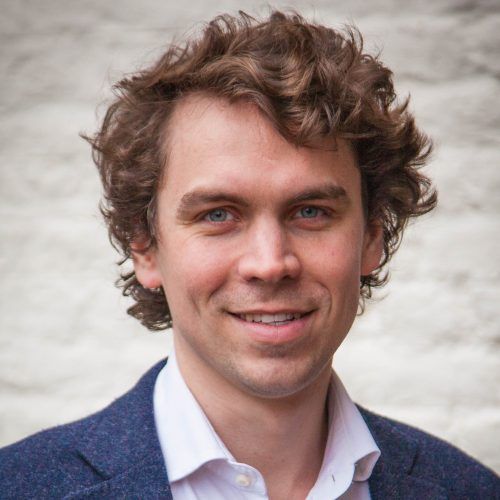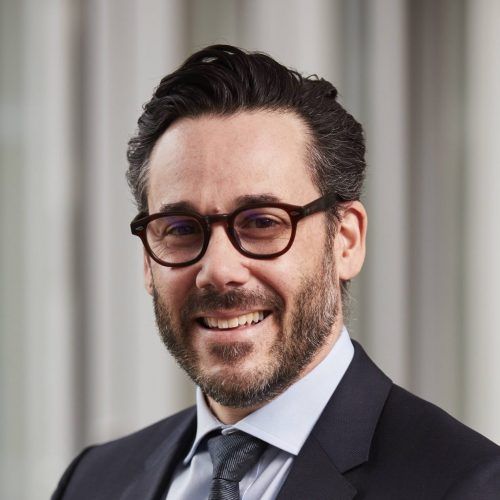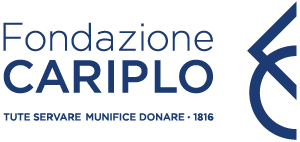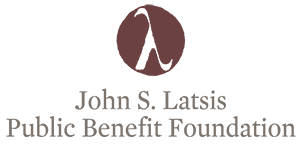
About
This event is still taking place and will be held via a web-based video conferencing tool, further information on how to connect will be sent to registered participants.
Demographic transition, globalisation and digitisation have transformed lives, identities and outlooks. Reports point to the tremendous value equality brings to the workforce, debate and societies in general. However, these shifts have affected citizens and regions differently across Europe, resulting in areas rising inequality over the last three decades. Even in European countries that top equality charts, inequality remains a significant problem. In recent months, inequality has been particularly apparent with the advent of two key developments: the Covid-19 epidemic and the launch of the European Green Deal. Though different in nature, these events are both refocusing the need to consider our stance on inequality.
Coined in 1994 by John Elkington, the ‘triple bottom line’ states that taking account of people and the planet should not be overlooked to the benefit of chasing profit. As such providing access to welfare, tackling climate change and enabling economic development should thus each be regarded with equal importance. The outbreak of Covid-19 and the unveiling of the EU climate law both have the potential to reshape our societies and underline the importance of equality.
What can the EU do to counter the feeling of rising inequality? What measures could alleviate the burden put on already economically disadvantaged parts of society? What action should be taken to protect our economies from the current Covid-19 pandemic and climate emergency from further economic and societal shock?
This remote connection debate is part of Friends of Europe’s horizontal theme ’Ethics in the 21st century’ through which we take a renewed look at the ethical systems that guide our behaviour.
Our events include photos, audio and video recording that we might use for promotional purposes. By registering, you give your permission to use your image. Should you have any questions, please contact us.
PHOTO CREDIT: Jacek Dylag/Unsplash
Schedule
When news first broke of the outbreak of covid-19 in late 2019, few had imagined the global impact that it would have. As many authorities implement increasingly stringent measures to help limit the virus’s spread, such as country-wide lockdowns, others have opted for more moderate, yet no-less far reaching approaches: from companies encouraging their employees to work from home, to halting travel, closing schools and making sick pay available to self-isolating workers, it’s clear that rapid action across the board is necessary. These measures however expose deeply rooted social inequalities not just in our health systems but in our society at large, the vulnerability of self-employed and zero-hours contract workers, the gender pay-gap and the isolation of the elderly and homeless being only a few. Covid-19 will ultimately challenge the ability of authorities to implement cross-sectoral long-term policies as well as rapid crisis management measures.
Introductory remarks by
Mark Stabile
Professor of Economics and Academic Director at James M. and Cathleen D. Stone Centre for the Study of Wealth Inequality at INSEAD
Sébastien Deletaille
Entrepreneur in the field of technology and health
Speakers

Entrepreneur in the field of technology and health
Sebastien Deletaille is the founder of the project ‘Data for Good’ which uses the information hidden within different data correlations to detect and tackle social issues in developing countries, such as a lack of food access. Until recently, he was the CEO of Riaktr – one of the most-promising tech scale-ups in Belgium that has worked for 6 of the 10 largest telecom operators in the world. He also worked for Medispring, a Belgian medical software for family doctors, and currently serves as a board member of Partenamut.

Professor of Economics and Academic Director at James M. and Cathleen D. Stone Centre for the Study of Wealth Inequality at INSEAD
Mark Stabile is an award-winning public policy and governance advisor who currently directs the Centre for the Study of Wealth at INSEAD and is the Deputy Academic Director of the Hoffmann Global Institute for Business and Society. Prior to this, he contributed to the founding of the School of Public Policy and Governance at the University of Toronto. He was also Senior Policy Advisor to the Ontario Minister of Finance, where he worked on tax, health, and education policy. His recent work focuses on inequality, poverty, child health, health care financing, and tax policy.
Continue
the debate on
- Debating Europe





